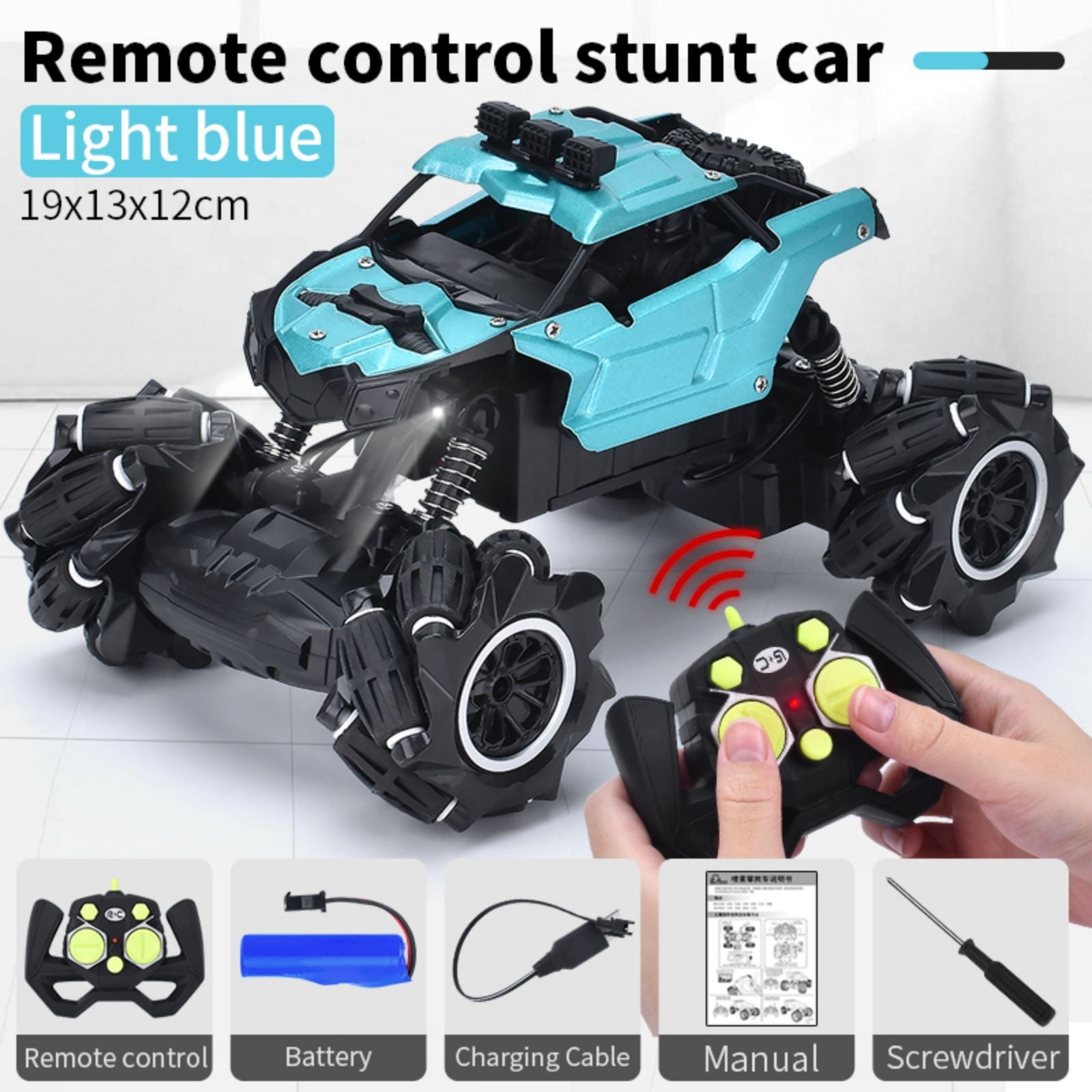
#Power and control wheel how to
Telling your partner how to think, dress and act.Not letting your partner have other friends.Accusing your partner of cheating on you.Hurting your partner where bruises don't show.Holding your partner so they can't leave.Humiliating your partner in front of people.Making your partner feel like they are crazy.Comparing your partner to past partners.Bragging about your sexual relationship.Setting all of the rules in the relationship.Controlling who your partner sees or spends time with.Having expectations that no one can meet.Threatening your partner like a baby, property or servant.Threatening to hurt yourself or your partner.Remember, abuse is much more than slapping or grabbing someone. The Power and Control in Dating Relationships Wheel lists examples of each form of abuse. Box 20398 Seattle, WA 98102.When one person in a relationship repeatedly scares, hurts or puts down the other person, it is abuse. This handout was developed by Connie Burk (2005), updated by Kristen Tucker (2009) for The NW Network of Bisexual, Trans, Lesbian and Gay Survivors of Abuse. 206 West Fourth Street, Duluth, Minnesota 55806. Adapated from the Power & Control and Equity Wheels Developed by the Domestic Abuse Intervention Project. _ The LGBT Power and Control Wheel was developed by Roe and Jagodinsky. Batterers leverage the ongoing consequences of ways that LGBT peoples’ lives have been historically criminalized as well as the realities of current drug use (and drug criminalization) when setting up/maintaining a system of power and control. LGBT folks have higher rates of alcohol and drug use and abuse than in mainstream communities. LGBT people have historically been forced to make community in “illegal” and marginalized spaces such as bars. These things are used by batterers to increase control. Many LGBT people, and particularly transgender people, have experienced discrimination within the medical system. LGBT people also experience discrimination and oppression based on race, class, national origin, gender, and gender identity. Law enforcement historically have used violence against LGBT people. Leveraging Institutional Violence / Isolation

We must do harm reduction planning or the survivors may “drop out” of the community to avoid the batterer and risk further isolation. Please note: safety planning cannot reply on the survivor never being in a community space with the batterer. Using friends or family and the small number or open and affirming community spaces to monitor a survivor and gather information, or to ostracize or threaten to ostracize the survivor.

For a non-biological parent, the threat of having no contact with their children makes leaving an abuse relationship a complex to impossible choice. Even in states where LGBT parents’ rights are protected, not all individuals have access to the systems to assert their legal rights. In many states, LGBT people are not allowed to be the legal parent of their children. Using vulnerabilities often results in survivors being exploited (resources, time attention) and undermines survivors’ attempts to negotiate boundaries or prioritize self. Using VulnerabilitiesĪ batterer may use their own vulnerabilities to obligate or coerce their partner into staying, caring for them, and/or prioritizing batterer’s needs. Threatening to “out” a person (which could mean losing children, ostracism, job loss, etc) is a powerful tool of control. The isolation that most LGBT people face as a result of homophobia is useful to a batterer who is trying to isolate their partner. When people are first coming out, they are very vulnerable to abuse – they may be losing friends and family or may be alienated from their cultural, ethnic, religious familial community and institutions. Power and Control Wheel for LGBT Relationshipsīeyond the Wheel: Tactics of Abuse Isolation and Outing


 0 kommentar(er)
0 kommentar(er)
